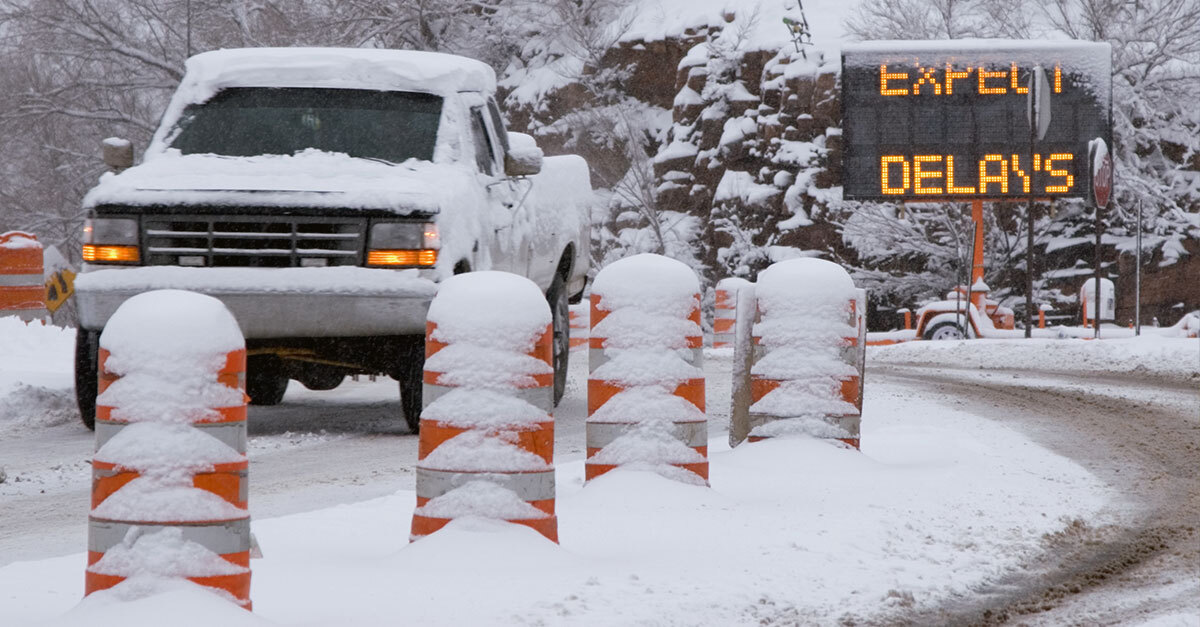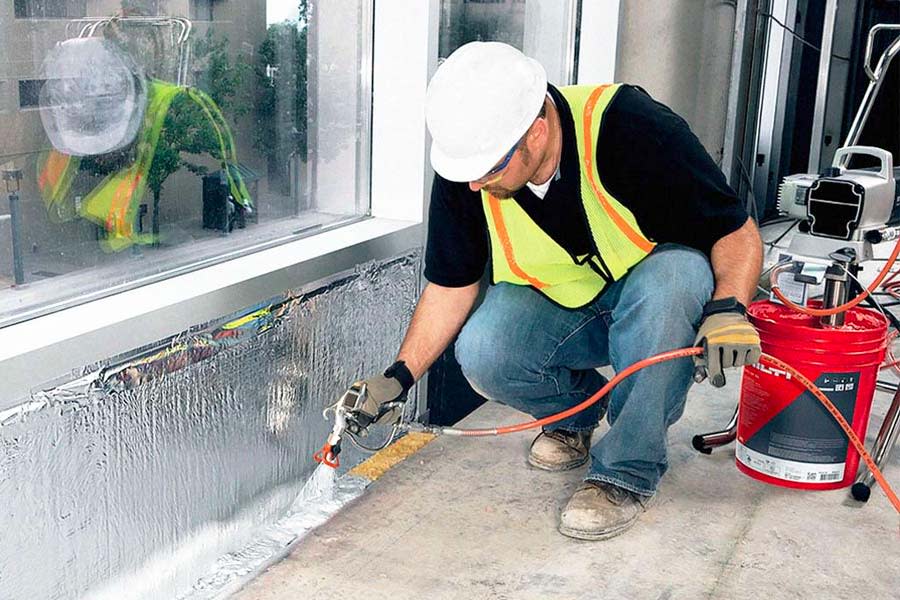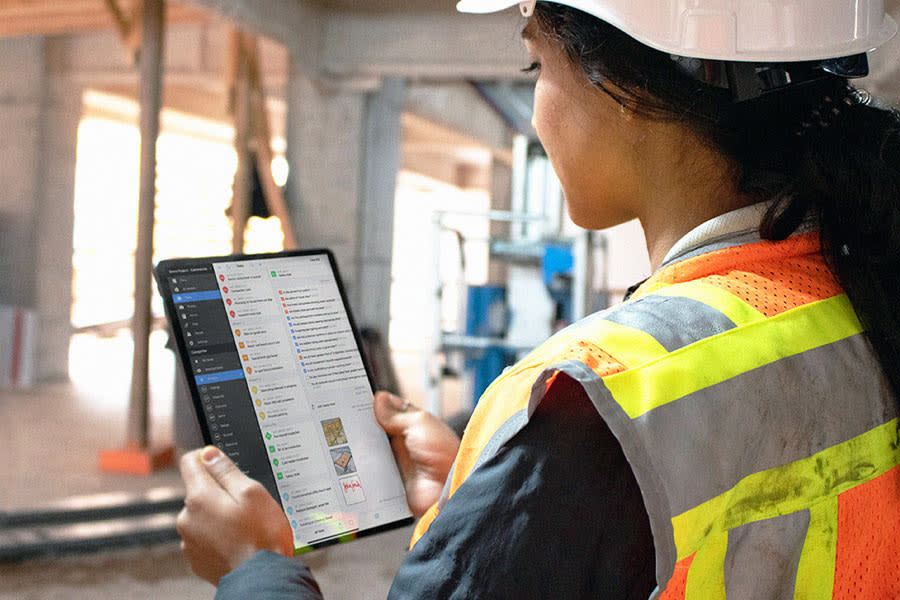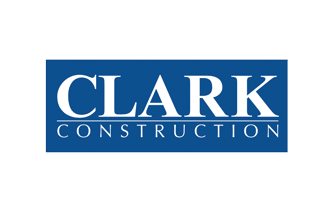The Top 5 Reasons Why Construction Projects Get Delayed

Construction projects are designed with strict deadlines in mind, but anyone who works in the industry understands they’re more like guidelines than actual rules. As a result, several things can pop up and cause delays.
Here are the most common reasons construction projects get delayed and how to avoid them.
1. Budget Conflicts
Budget conflicts are one of the most common reasons construction projects get postponed. No one will work if they aren’t getting paid, but the client doesn’t want to pay more than originally planned if things start to run over the allocated spending plan. While you can often predict when a project will begin to go over budget, unforeseen challenges may throw a wrench in the works. This leaves contractors and clients scrambling to develop a solution both sides can live with.
We can’t always avoid budget conflicts, but we can take steps to prevent them or reduce their impact. You may not be able to predict the future, but you can prepare for and work to anticipate the unexpected. If you’re ready for anything, nothing can ever surprise you.
If you’d like to try your hand at fortune-telling, it may be time to invest in a machine learning program. These systems use existing data to spot trends and make predictions. It’s not magic — just pattern recognition, and as the technology continues advancing, it will be able to make faster and more accurate predictions.
2. Labor Shortages
If you find you have trouble finding enough boots to fill out your team’s roster, you’re not alone. There are 404,000 unfilled positions in the construction sector, and this labor shortage is spreading throughout the country. It’s caused by multiple factors, from older workers reaching retirement age to younger ones who aren’t interested in a career in construction.
Young people aren’t content with the often seasonal work that comes with long hours and an unhealthy work/life balance. If you don’t have a team to complete the job, delays start to creep up. Labor shortages can also happen after an injury on the job or when an illness spreads through the workplace because employees don’t have any sick time to use and come to work when they’re feeling ill.
The solutions here aren’t easy, but they can be simple. Take care of your people for a start, and they’ll return the favor. Other ways to combat the labor shortage might include changing your recruiting tactics to appeal to younger workers and taking steps to change the industry’s image so you’re not chasing off potentially valuable team members.
3. Subcontractor Challenges
Subcontractors are a valuable resource in the construction industry, but they can also be one of your biggest challenges. You can spend all the time and money in the world reviewing bids and interviewing subcontractors, but occasionally a problematic one can slip through the cracks and gum up the works. An unskilled or untrained operator, hopping behind the wheel of a forklift or other heavy equipment, can even potentially shut down your work site after causing an injury or fatality. In 2017, forklift accidents caused 74 deaths and more than 9,000 nonfatal injuries.
Carefully vet your subcontractors, including contacting any references or previous employers to ensure you’re hiring the best company for the job. Have a conversation with people they’ve worked with previously to get a better idea of the kind of work they do. At the same time, don’t be afraid to speak up or alter your arrangements if there’s a problem or something isn’t up to snuff. Be sure to communicate clearly if issues arise, and If that fails, pursue alternatives.
4. Environmental Issues
Sometimes, Mother Nature gets the best of us. No matter how long you’ve been working in the industry, no one has yet learned how to control the weather. Heavy rain, severe thunderstorms, hurricanes, tornadoes and other natural disasters can all delay a construction project. In some cases, they can also cause severe damage that will take time to repair, delaying things even further.
While we can’t prevent changes in the weather from postponing projects, we can use all the tools at our disposal to predict what may happen and make informed decisions. This can include everything from advanced weather forecasting to using deep learning systems for predictions. Machine learning is beneficial because the more data these programs have to work with, the smarter they become and the more accurate their predictions get.
5. Communication Shortfalls
When it comes down to brass tacks, nothing works on a construction site without clear and open communication. It’s not just a case of the left hand not knowing what the right is doing — the average construction site has so many moving parts that it’s not unlike every cell in a body working at cross purposes until the whole thing collapses.
Clear communication, and a communication hierarchy, are essential for any construction project. From the newest laborer to the most senior member of the board of directors, everyone needs to know who to talk to, when to talk to them and what to do to facilitate the kind of open communication that is necessary for success.
It is essential to set up a transparent communication hierarchy and plan before the first worker breaks ground on a new project. Everyone should know who to talk to and how to take things up the chain of command if they need additional help. Don’t wait until everyone is already hip-deep in their respective tasks before you start trying to set this up. Communication breakdowns will delay your project faster than nearly anything.
Preventing Delays and Meeting Deadlines
While scheduling overruns are a fact of life in the construction industry, they don’t have to throw everything off-kilter. These may be the most common reasons for delays, but this isn’t an exhaustive list. Take a few steps to prevent these issues, and you’ll be better prepared for the less-common interruptions that may crop up.
Rose Morrison is the managing editor of Renovated, where she covers contracting and residential construction topics. Check out her Twitter to see more of her work.

 Rose Morrison •
Rose Morrison • 



















